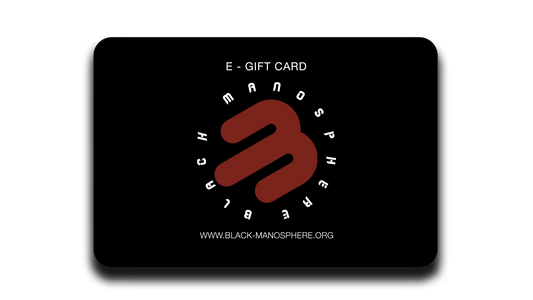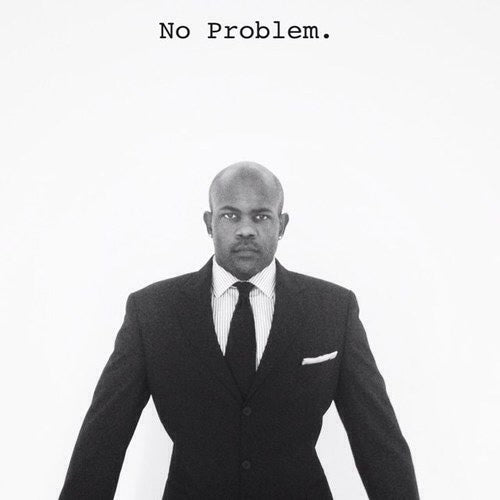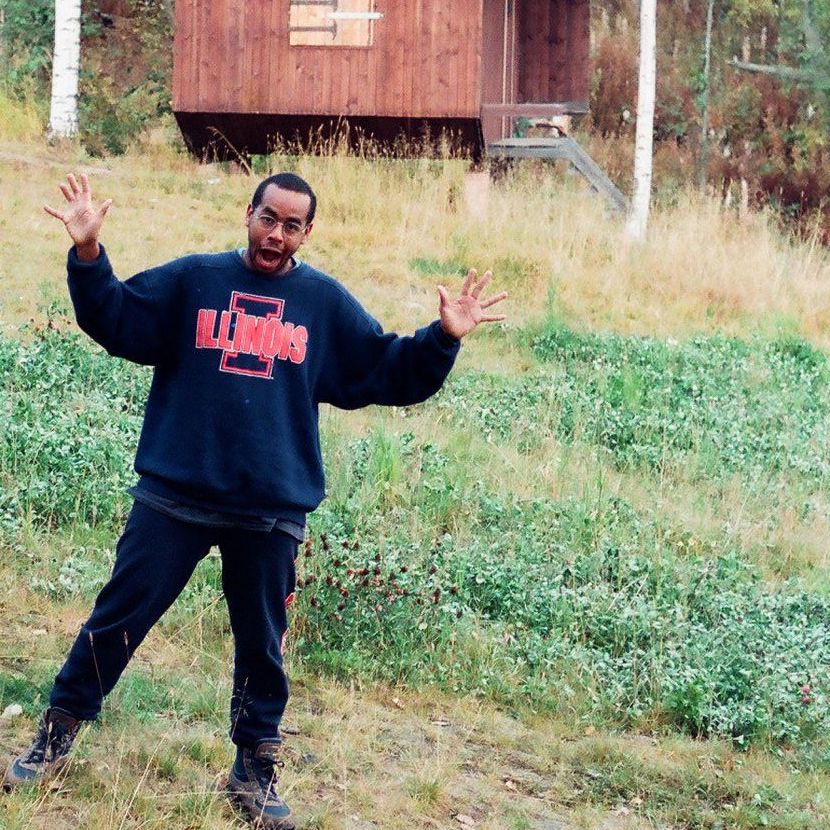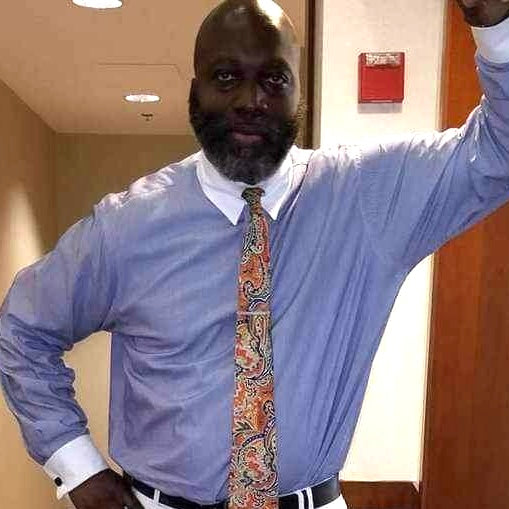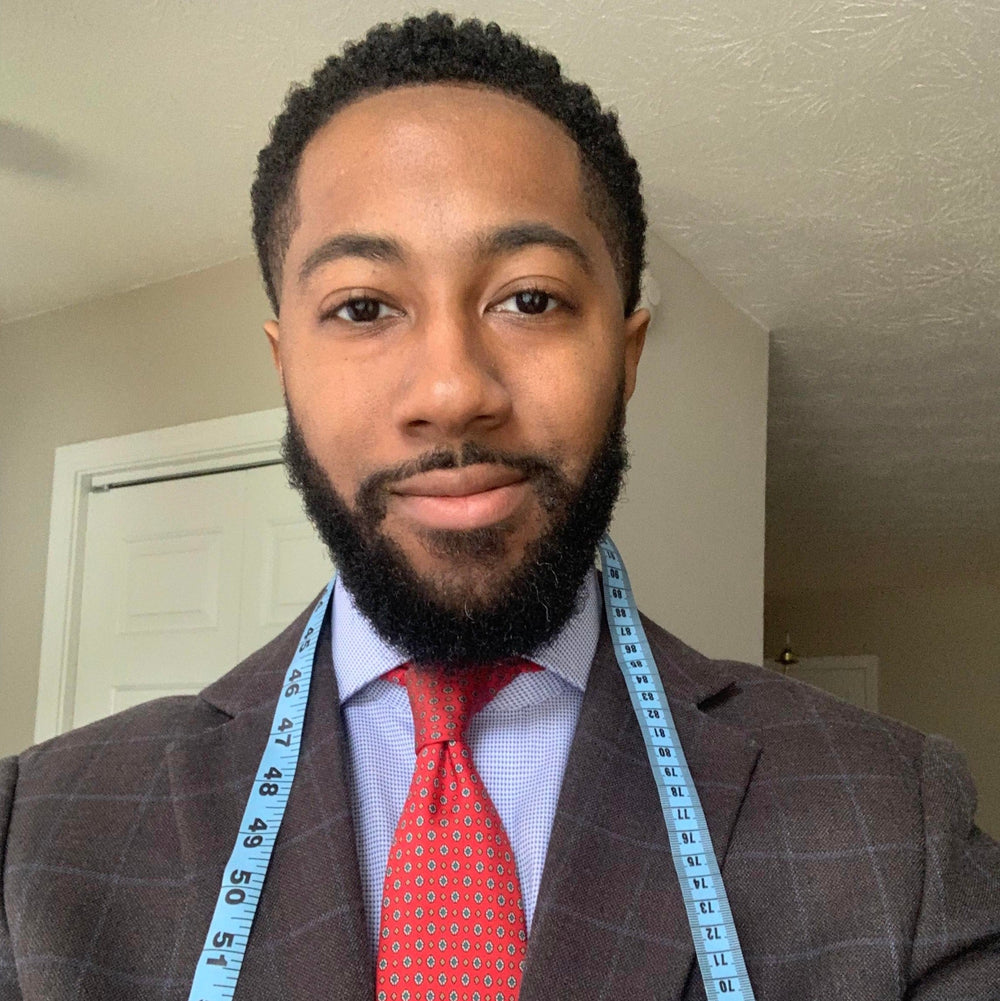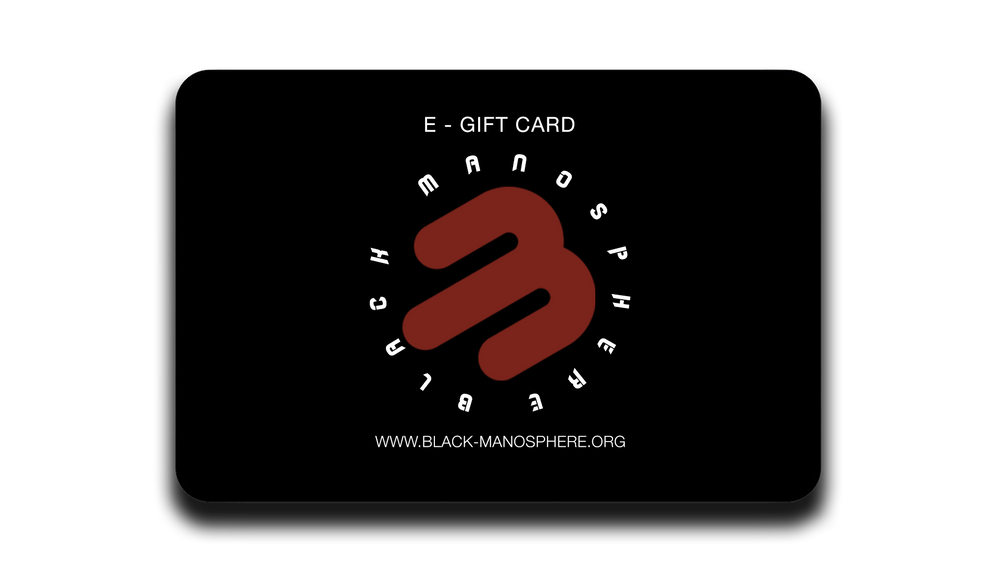Dear Modern Black Feminist Activists,
For over half a century, your movement has fought to reshape beauty standards and desirability hierarchies, championing body positivity, anti-colorism, and featurism. Rooted in Black feminist thought from the Combahee River Collective to Alice Walker’s "In Search of Our Mothers’ Gardens" (Walker, 1983), these efforts aim to elevate darker-skinned, fuller-figured Black women’s romantic and social prospects. Yet, your approach—what I term “Sexual Marketplace Socialism”—has produced scant results beyond rhetoric, revealing a disconnect between ideals and human mate selection. The 2023 marriage of your ally, Marc Lamont Hill, to a light-skinned, petite Afro-Latina, Melissa M. Valle, underscores this failure, exposing contradictions in your strategy and its destined futility through 2030.
DEFINING SEXUAL MARKETPLACE SOCIALISM
“Sexual Marketplace Socialism” describes your bid to impose egalitarian mating outcomes, urging Black men, especially high-status ones, to embrace darker-skinned, plus-sized Black women as partners, defying market-driven preferences. This mirrors socialist schemes that override natural hierarchies, assuming cultural advocacy can dismantle biological and social biases. Black women broadly, and activists like Feminista Jones, Tressie McMillan Cottom, and Kimberly Nicole Foster specifically, have embraced this, advocating for Black men to reject colorism and fatphobia. Yet, your goals—spanning media representation to shifting individual preferences—are diffuse, lacking measurable benchmarks (Curington et al., 2021). This vagueness, paired with moral persuasion over structural change, yields weak outcomes, mired in frustration.
A HALF-CENTURY OF STAGNATION
Since the 1960s, Black feminists like Audre Lorde and Walker have critiqued Eurocentric standards (Walker, 1983). Campaigns like #DarkSkinAppreciation and body positivity have amplified these voices, yet mating market biases persist. Dating app data show darker-skinned, plus-sized Black women receive fewer matches, even among Black men, who prefer lighter-skinned, slimmer partners (OkCupid, 2019; Curington et al., 2021). High-status Black men, like Hill, associate lighter skin with social capital, perpetuating colorism (Nittle, 2023). Despite successes like Michelle Obama and Lupita Nyong’o, romantic desirability eludes many darker-skinned, fuller-figured Black women, with higher unmarried rates (Pew Research Center, 2019).
My observation over the years have witnessed your movement’s resilience but also its stagnation. Colorism awareness has risen (Essence, 2020), yet behavioral change lags. After five decades, this suggests a flaw: overreliance on rhetoric and social media fails to counter evolutionary and cultural mate selection drivers.
MARC LAMONT HILL: A CASE STUDY IN CONTRADICTION
Marc Lamont Hill, a 46-year-old academic and media figure, is an “apex predator” in the Black mating market. His support for body positivity and anti-colorism, voiced on *The Grapevine* and X, aligns with your ideals, earning allyship from Jones and Cottom (Hill, 2022). Yet, his 2023 marriage to Valle, a light-skinned, petite academic, contradicts this stance. Valle’s profile—matching Hill’s status and conventional beauty—exemplifies assortative mating, aligning on attractiveness and education (Fisman et al., 2020). This undermines Hill’s advocacy, mirroring your overlooked contradictions.
Hill’s choice reflects broader trends: high-status Black men favor lighter-skinned women, driven by evolutionary preferences for symmetry and cultural status incentives (Addo, 2021; Nittle, 2023). Your silence on Hill, evident in Jones’ positive engagement (Jones, 2022), prioritizes alliances over accountability, perpetuating platitudes. Hill’s behavior signals to Black men that conventional standards prevail, thwarting your goals.
THE HYPOCRISY WITHIN YOUR RANKS
Your credibility falters due to internal contradictions, as I’ve argued in *Toxic Femininity* (Obsidian, 2024). Jones, a 46-year-old, 6-foot, plus-sized activist, faces dating struggles on Bumble, yet her novel *Push the Button* (Jones, 2014) features tall, muscular Black male protagonists, revealing hypergamous preferences mirroring those she critiques. Evette Dionne’s 2022 *Time* article admits fatphobia in rejecting a plus-sized man, despite body positivity advocacy (Dionne, 2022). Cottom’s silence on her romantic preferences suggests similar inconsistencies (Cottom, 2019). These contradictions, rooted in hypergamy (Buss, 2016), alienate Black men, fueling community acrimony on platforms like Lipstick Alley and X (2023-2024).
A DESTINED FAILURE THROUGH THE DECADE
By 2030, I project a 10-15% probability of your movement persuading men like Hill to select mates resembling Cottom or Jones, due to:
1. Evolutionary Inertia: Mate preferences, shaped by evolution, prioritize attractiveness and status, resistant to campaigns (Buss, 2016; Apostolou, 2019). Hill’s choice reflects this.
2. Cultural Reinforcement: Media underrepresents darker-skinned, fuller-figured Black women romantically (Hunter, 2020), entrenching biases. Incremental shifts (e.g., Lizzo) won’t alter elite preferences in five years.
3. Assortative Mating: High-status men pair with status-enhancing women like Valle (Fisman et al., 2020). Your focus on awareness over structural change fails to disrupt this (Anderson, 2022).
4. Activist Limitations: Diffuse goals and reluctance to confront allies like Hill limit impact (Anderson, 2022). The Black Manosphere’s counter-narrative challenges your influence (Obsidian, 2024).
Sexual Marketplace Socialism, like historical socialist failures, ignores human nature, faltering against assortative mating realities. My Black Manosphere Conclave, facilitating marriages, offers pragmatic outcomes your rhetoric lacks.
A CALL FOR RECKONING
After 50 years, confront Sexual Marketplace Socialism’s futility. Acknowledge evolutionary and cultural barriers, pivoting to empower Black women to navigate mating markets realistically. Address your contradictions to rebuild credibility. Engage high-status men with data-driven appeals respecting autonomy (Buss & Barnes, 2017). Hill’s marriage is a clarion call: your approach has failed, and without change, it will remain quixotic. Seize this decade to redefine your legacy.
Sincerely,
Mumia Obsidian Ali
Chief Innovations Officer
Black Manosphere Conclave
www.blackmanosphere.com
Author of "Toxic Femininity: The Blackman's Guide to Modern Black Feminism"
REFERENCES
- Addo, F. R. (2021). Colorism and socioeconomic status: Evidence from the National Survey of Black Americans. *Race and Social Problems*, 13(2), 123-135.
- Anderson, K. L. (2022). Black feminist activism and the politics of desirability. *Journal of Black Studies*, 53(4), 345-367.
- Apostolou, M. (2019). The evolution of mate preferences: A cross-cultural perspective. *Journal of Evolutionary Psychology*, 17(3), 201-215.
- Buss, D. M. (2016). *The Evolution of Desire: Strategies of Human Mating* (4th ed.). Basic Books.
- Buss, D. M., & Barnes, M. (2017). Personality and mate preferences: Five factors in mate selection. *Journal of Personality*, 85(6), 777-790.
- Cottom, T. M. (2019). *Thick: And Other Essays*. The New Press.
- Curington, C. V., Lundquist, J. H., & Lin, K.-H. (2021). *The Dating Divide: Race and Desire in the Era of Online Romance*. University of California Press.
- Dionne, E. (2022). The messed-up reason I couldn’t date a fellow fat person. *Time*, November 29.
- Essence. (2020). Colorism in the Black community: A survey. *Essence Magazine*, August.
- Fisman, R., Iyengar, S. S., Kamenica, E., & Simonson, I. (2020). Assortative mating in the marriage market. *Evolutionary Behavioral Sciences*, 14(2), 103-120.
- Hill, M. L. (2022). X post praising colorism panel moderation. Retrieved from X platform, March 15.
- Hunter, M. (2020). The persistent problem of colorism in media representation. *Race and Media*, 7(3), 89-102.
- Jones, F. (2014). *Push the Button*. CreateSpace Independent Publishing Platform.
- Jones, F. (2022). X post engaging with Marc Lamont Hill. Retrieved from X platform, April 10.
- Nittle, N. (2023). Colorism in the Black community: Implications for dating and marriage. *Sociology of Race & Ethnicity*, 9(2), 145-160.
- Obsidian. (2024). *Toxic Femininity: The Blackman’s Guide to Modern Black Feminism*. Self-published.
- OkCupid. (2019). Race and attraction, 2009-2019. OkCupid Blog.
- Pew Research Center. (2019). Marriage and cohabitation in the U.S. Pew Research Center.
- Walker, A. (1983). *In Search of Our Mothers’ Gardens*. Harcourt Brace Jovanovich.
#FeministaJones #brittneycooper #CrunkFeministCollective #MarcLamontHill #blackfeminism #modernblackfeminism #toxicfeminity #blackmanosphere #dating #datingadvice #datingadviceforblackwomen
